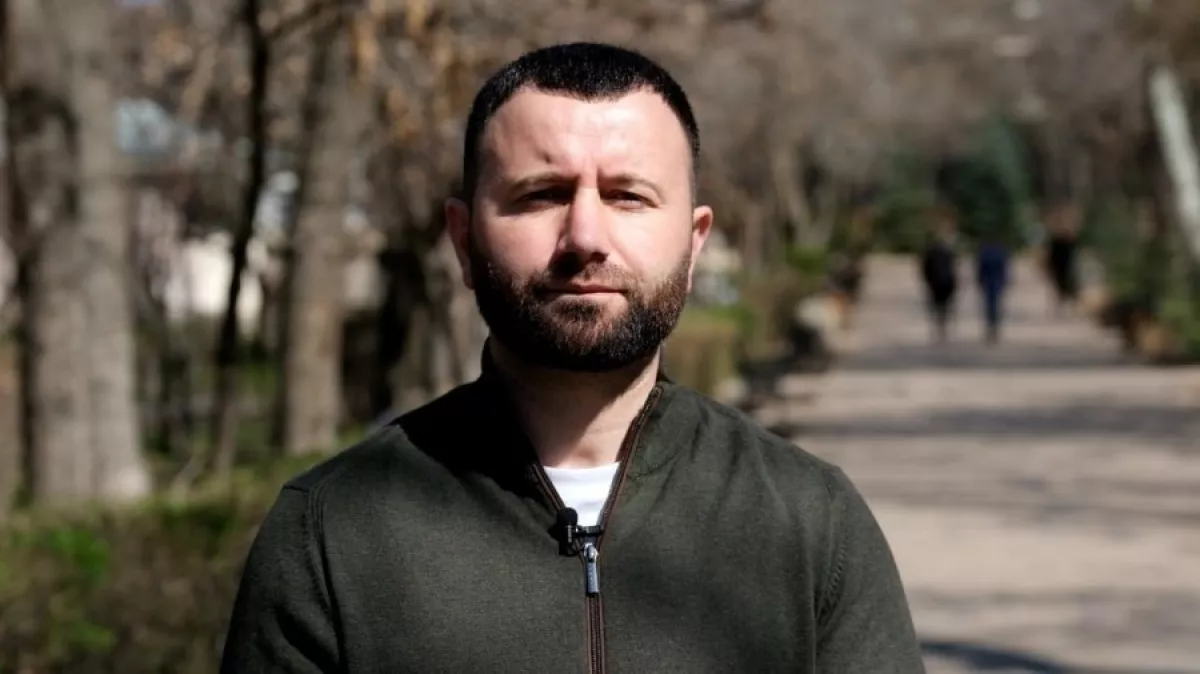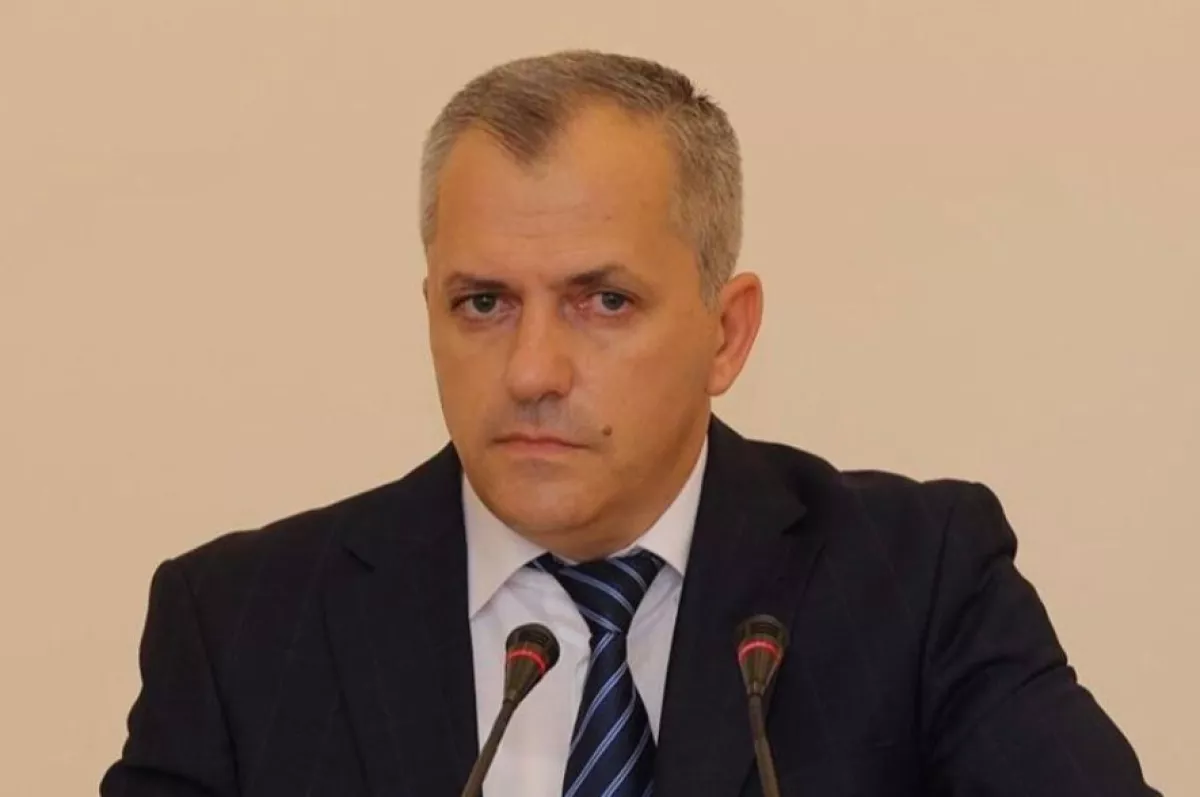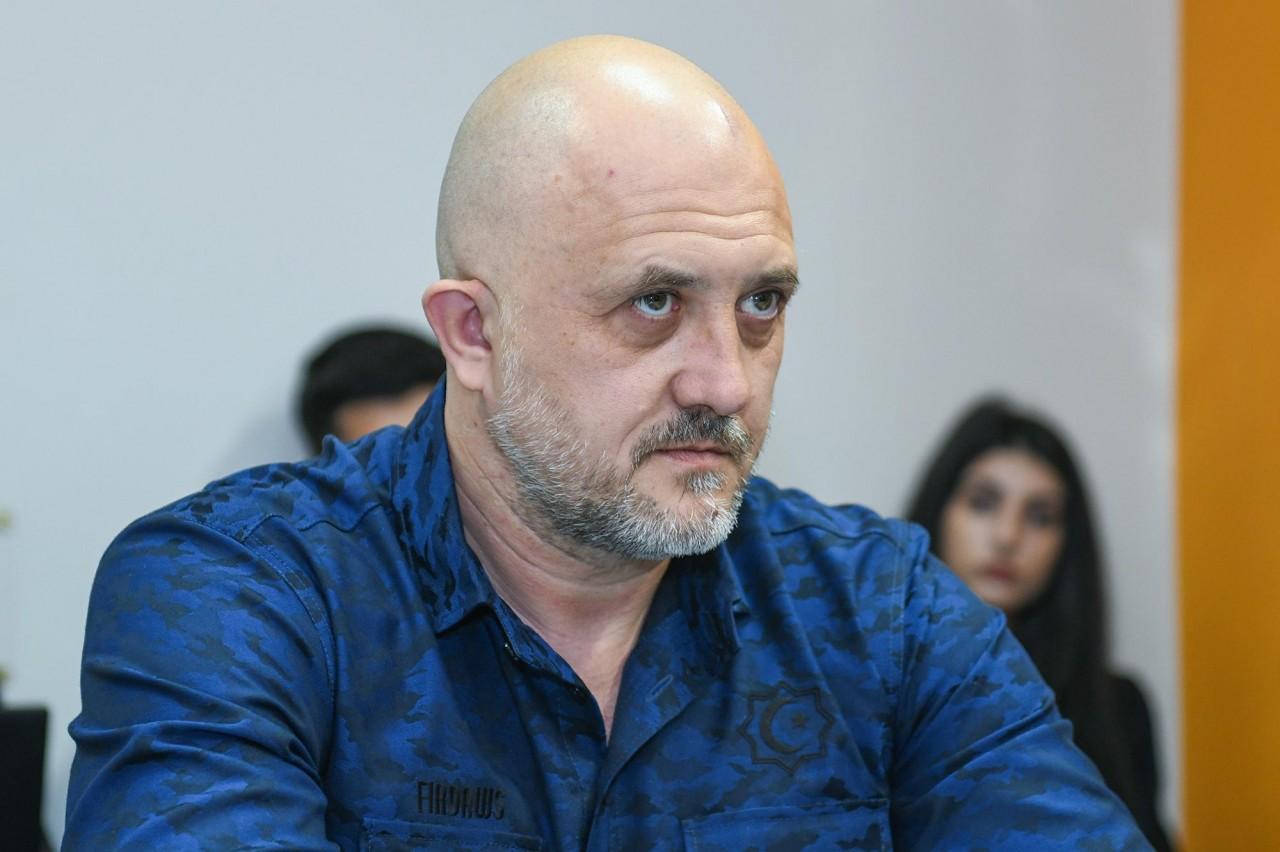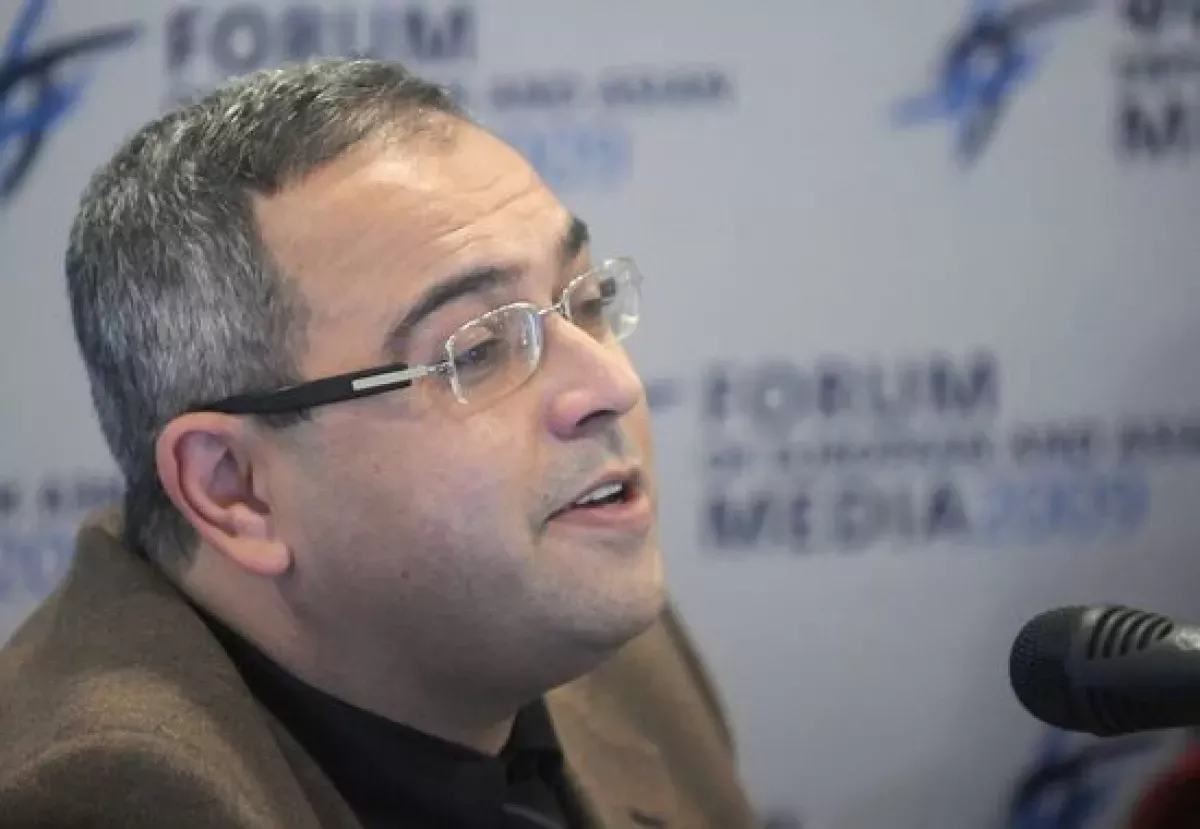Clown show of phantoms on tour Who’s still playing the Karabakh card?
On 11 June, a certain member of the so-called “council for the protection of the rights of Artsakh citizens,” Nzhdeh Iskandaryan, announced during a meeting with journalists that he had been “appointed state minister of the ‘NKR’.”

Who appointed him? Why? How? He remained silent on these questions. It is astonishing how such a thing could even happen, given that even the separatist leadership of Karabakh itself has acknowledged that “Artsakh” no longer exists.

In the autumn of 2023, the last so-called “president of the NKR,” Samvel Shahramanyan, issued a decree dissolving the illegal quasi-state entity on Azerbaijani territory. He then packed his belongings and moved to Armenia, where he remains to this day. And now—enter the unexpected Nzhdeh.
"Within my abilities and capacities, I will stand by statehood," added Iskandaryan.
What statehood, exactly? A mystery.
The Armenian people already have statehood—something that Prime Minister of the Republic of Armenia, Nikol Pashinyan, has repeatedly stated. He has also officially confirmed that his country has no claims whatsoever to Azerbaijan’s Karabakh region.
So, who in Yerevan has an interest in keeping the Karabakh case afloat? Who could have “appointed” this so-called “state minister”? And how will Armenia’s legitimate authorities respond to this?
It is clear that reviving this topic in any form does not help move Baku and Yerevan closer to signing a comprehensive peace agreement. This is despite the Armenian leadership’s declared interest in reaching such a deal with Azerbaijan as soon as possible.
Leading experts shared their views on the matter with Caliber.Az.

Director of the Russian Centre for Strategic Studies of the South Caucasus, Yevgeny Mikhailov, urged against harbouring any illusions:
"There will always be forces in Armenia that are hostile to Azerbaijan and will do everything possible to prevent any peaceful track between Yerevan and Baku. Let us not forget that two former Armenian presidents were from Karabakh. The Karabakh clan is strong. They once profited greatly from Armenia—through ties with Moscow and beyond. So, this kind of destabilisation will continue."
Mikhailov pointed to the self-proclaimed "appointment" of Iskandaryan—whose first name, Nzhdeh, evokes the notorious terrorist Garegin Nzhdeh—as a comical farce:
"This Iskandaryan claims to have been appointed some sort of ‘state minister’. It all looks utterly ridiculous. I think the Azerbaijani government and its diplomatic corps should pose a direct question to Armenia’s leadership: who is this person and what kind of nonsense is he talking?"
The expert added by affirming that Armenia and the Armenian people already possess statehood.
"If they want to lose their statehood—by all means, let them continue down this path. But Iskandaryan is not Pashinyan. The real questions should not be directed at these fringe figures," said Mikhailov.
“Still, agitation and resistance to Pashinyan, to Armenia itself, and to Azerbaijan will persist within Armenia. One must understand that there are hundreds of thousands of Armenians who do not accept the loss of Karabakh. Instead of signing a peace treaty and building good-neighbourly relations, we’re seeing attempts to delegitimise all previous agreements.”
Mikhailov emphasised that while the situation may seem laughable on the surface, it still warrants a reaction:
"Overall, this story is rather comical. Nevertheless, it deserves a response—one of disdain. It’s a minor episode, but it clearly shows that a certain segment of Armenian society is prepared to sabotage Baku’s efforts toward a peaceful resolution."

Azerbaijani analyst Rashad Rzaguliyev sees nothing surprising in the latest development:
"This is just typical ‘Armenian logic’—as boundless in its absurdity and foolishness as the repertoire of ‘Armenian radio’. Yet, upon closer inspection, both the name of this so-called ‘state minister’ and his rhetoric raise questions. Is this a threat to Azerbaijan, a mirror response to the activities of the 'Western Azerbaijan Community', or a message aimed at Armenia’s internal revanchist audience? What lies behind this initiative?"
Rzaguliyev believes the answer is a combination of all of the above:
"I’m convinced that this ‘intellectual construct’ is based on all these elements. The ‘miatsum’ project was not born in Yerevan, but in a certain northern capital—developed by a group of senior Soviet officials and intelligence operatives, in cooperation with interested major Western powers, to trigger the disintegration of the USSR," he explained.
In his view, the project succeeded: the Soviet Union collapsed like a house of cards, giving rise to the "rebellious Armenian ‘NKR’" on the world stage.
"For decades, the ancestral territory of Azerbaijan—occupied by an unofficial Armenian-Russian military contingent—was exploited by global geopolitical players to blackmail independent Azerbaijan. Just take the disgraceful record of the OSCE Minsk Group as an example," analyst Rashad Rzakuliyev reminded.
Justice, he emphasised, prevailed on 8 November 2020, when Azerbaijan crushed the enemy and restored its sovereignty and territorial integrity.
"And yet, official Yerevan—as well as Russia, France, and some Western countries—persist in referring to the so-called ‘disputed territories of Karabakh’ and alleging the ‘illegal deportation’ of Armenians from these lands," he noted.
According to Rzakuliyev, Azerbaijan’s geostrategic position and independent foreign policy will remain under close scrutiny and subject to manipulation by global powers for the foreseeable future.
"We must meet this with stoicism. Our modern history has seen us overcome far worse," he concluded.








